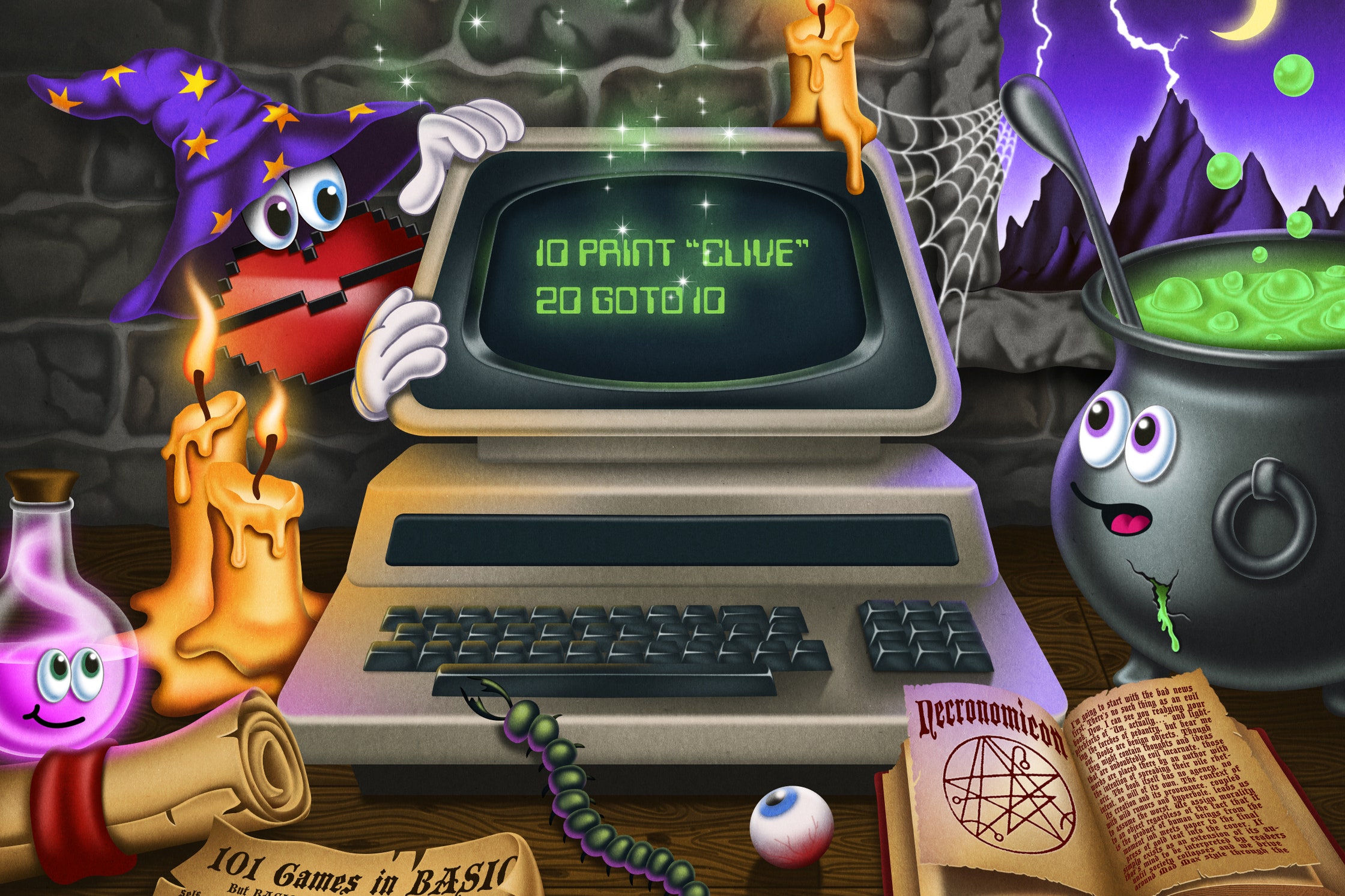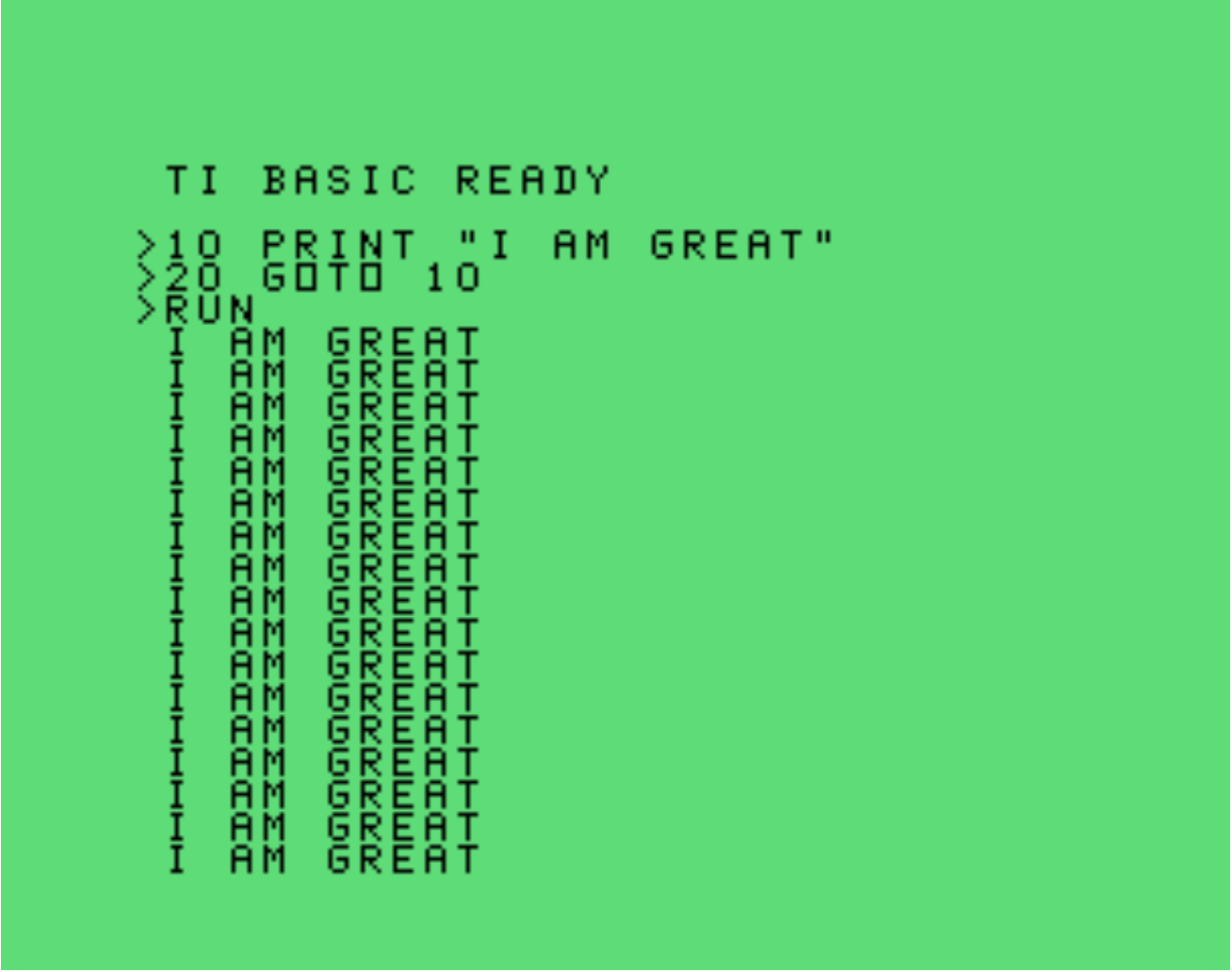
Former Secretary of Labor Robert Reich on Project 2025:
One key goal of Project 2025 is to purge all government agencies of anyone more loyal to the constitution than to Trump — a process Trump himself started in October 2020 when he thought he would remain in office.
Trump has promised to give rightwing evangelical Christians what they want. Accordingly, Project 2025 calls for withdrawing the abortion pill mifepristone from the market, expelling trans service members from the military, banning life-saving gender affirming care for young people, ending all diversity programs, and using “school choice” to gut public education.
Project 2025 also calls for eliminating “woke propaganda” from all laws and federal regulations — including the terms “sexual orientation”, “diversity, equity, and inclusion”, “gender equality”, and “reproductive rights”.
Other items in the Project 2025 blueprint are precisely what Trump has called for on the campaign trail, including mass arrests and deportations of undocumented people in the United States, ending many worker protections, dropping prosecutions of far-right militias like the Proud Boys, and giving additional tax cuts to big corporations and the rich.
Trump has repeatedly claimed that climate change is a “hoax”. Project 2025 calls for expanding oil drilling in the United States, shrinking the geographic footprint of national monuments, terminating clean energy incentives, and ending fossil fuel regulations.
Trump has said he’d seek vengeance against those who have prosecuted him for his illegal acts. Project 2025 calls for the prosecution of district attorneys Trump doesn’t like, and the takeover of law enforcement in blue cities and states.
This all sounds over the top alarmist until you read it from the 900-page document prepared by Heritage Foundation:
Because liberal states have now become sanctuaries for abortion tourism, HHS should use every available tool, including the cutting of funds, to ensure that every state reports exactly how many abortions take place within its borders, at what gestational age of the child, for what reason, the mother’s state of residence, and by what method.
As Maya Angelou said:
When someone shows you who they are, believe them the first time.
If Trump gets into office, America will be nothing like the America we grew up in.
















